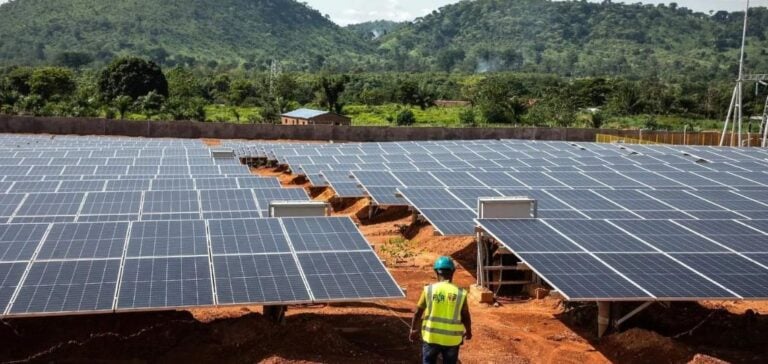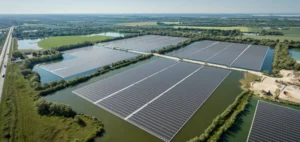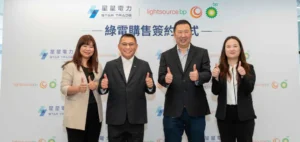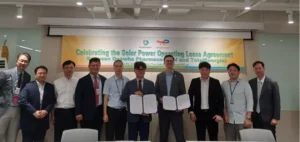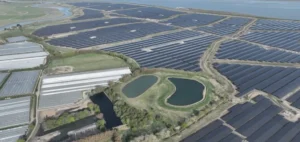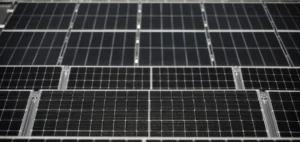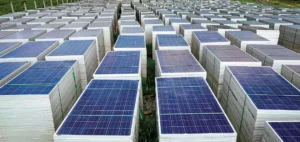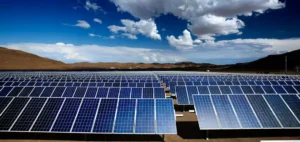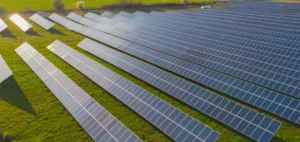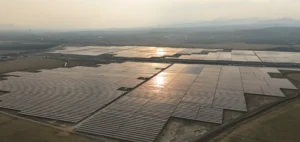Mali, faced with chronic electricity supply problems, has launched the construction of a 200 MW photovoltaic solar power plant in Sanankoroba, near Bamako. This initiative, carried out in collaboration with Russia, represents an investment of over 200 million euros. The 314-hectare plant is expected to boost national electricity production by 10%, according to Grigory Nazarov, head of Novawind, a subsidiary of the Russian atomic energy agency Rosatom. Mali’s Minister of Energy, Bintou Camara, underlined the importance of this infrastructure in a statement on national television ORTM. She asserted that this plant will significantly reduce the electricity shortages and blackouts currently affecting the country. Construction of the solar power plant, the largest of its kind in West Africa, is scheduled to take one year, with stable operation for 20 years.
Diversifying the energy mix
At present, 70% of Mali’s electricity production is based on thermal sources, a situation that weighs heavily on the finances of Société Énergie du Mali (EDM-SA). The Minister of the Economy, Alousséni Sanou, pointed out that dependence on expensive fossil fuels contributes to EDM-SA’s debt of over 200 billion FCFA (around 300 million euros). The construction of this solar power plant is part of a broader strategy to diversify Mali’s energy mix and reduce its dependence on fossil fuels. The Malian presidency hailed the project as a significant step towards a more sustainable energy future. And this plant will not be the only one. Mali is also planning to build two further solar power plants near Bamako, with a total capacity of 200 MW. These projects will be carried out by Chinese and Emirati companies, with launches scheduled for May 28 and June 1.
A strategic partnership with Russia
Since the colonels took power in 2020, Mali has reoriented its international alliances, breaking with France to draw closer to Russia. This partnership with Moscow extends beyond solar energy. Last October, the two countries signed a cooperation agreement to develop civil nuclear power. Grigory Nazarov has indicated that the solar power plant will come under the full control of the Malian Ministry of Energy after ten years of operation by Novawind. This project is seen as a solution for stabilizing Mali’s energy sector and reducing production costs. On the other hand, i could also serve as a model for other countries in the region seeking to improve their energy independence through renewable energies.
The collaboration between Mali and Russia to build this solar power plant marks a crucial step in the country’s quest for a lasting solution to its energy problems. With a capacity of 200 MW, this plant should not only meet a significant proportion of current energy needs, but also pave the way for future energy diversification. The Malian government’s efforts to strengthen its energy mix, while establishing strategic partnerships, illustrate a clear determination to overcome long-term economic and environmental challenges.

